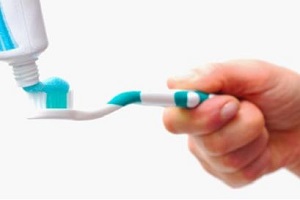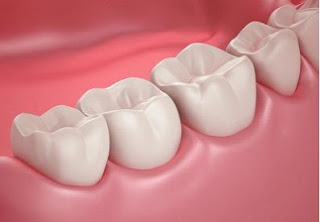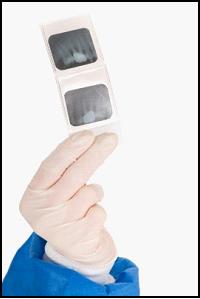In this article, we discuss the various mistakes people often make when it comes to brushing their teeth. We offer advice about what dental care products to get and what you should do when cleaning your teeth.
Brushing your teeth every day is the most important step in your oral hygiene routine. However there is more to this daily habit than you might think. In this article, with the help of new implant teeth experts in Chicago, we will supply a list of mistakes people often make when it come to their daily oral hygiene routine. People rarely think twice about brushing their teeth and that can lead to a sloppy approach to this important dental care regimen.
1. Tooth Brushing Mistakes: Poor Quality Brushes

There are a few things to consider when buying a toothbrush. Size, quality and comfort go a long way. Spend a little bit more on a toothbrush that is the right size for your mouth, well designed and is of a decent quality. Even the comfort of the grip is important: if you struggle to hold your toothbrush - for example, if it’s wet and keeps slipping - you will feel less inclined to brush for the required amount of time. You also won’t do a proper job on brushing all of your teeth, especially the back molars.
When it comes to deciding between an electric or manual toothbrush, it’s really more of a matter of personal preference. New implant teeth specialists in Chicago recommend choosing a soft to medium bristled brush. Hard brushes can actually speed up the rate of enamel erosion and irritate your gums. The bristles should be strong enough to get rid of plaque, but not damage your gums.
2. Tooth Brushing Mistakes: Not Taking Your Time
You should ideally brush your teeth about three times a day and if possible, about 30 minutes after every meal. Leaving too much time between brushing allows bacterial plaque to accumulate, leaving you at a heightened risk of a number of oral health problems. Experts of Same day dental implants in Chicago recommend that brushing should last about two minutes, and be sure to brush softly but thoroughly, covering all areas of your mouth, including your tongue.
3. Tooth Brushing Mistakes: Too Much of a Good Thing Can Be a Bad Thing
While it is very important to brush your teeth daily, brushing your teeth too often can actually have a negative impact on your teeth. Excessive brushing can lead to gum recession and the exposure of the tooth roots. This can cause tooth sensitivity. Brushing too often and too hard can also lead to erosion of the dental enamel, which plays a vital role in protecting your teeth from bacteria.
4. Tooth Brushing Mistakes: It’s Not What You Do but How You Do It
It is recommended that when brushing your teeth you brush in vertical or circular motions, not horizontally as this can lead to abrasions at the gum line. It is also important that you reach the inner and outer surfaces of the teeth, the chewing surfaces and your tongue. Many people forget to brush their tongue, not realizing that this textured surface creates a perfect environment for bacterial growth.
Same Day dental implants specialists also find that many people tend to start brushing at the same part of their mouth over and over, getting bored with rest of the mouth. Be disciplined in reaching all areas of the mouth when brushing. Don’t pay more attention to the front teeth and neglect the molars. Most cases of tooth loss begin with the back teeth as a result of this sloppy brushing habit. People also tend to forget to brush the inner surfaces of the teeth, especially of the lower front teeth.
A Final Few Words
New implant teeth experts in Chicago further explain that a vital part of your oral hygiene routine should include rinsing your toothbrush thoroughly after brushing and allowing it to dry. A continually moist toothbrush can become a breeding ground for bacteria. It is also recommended that you change your toothbrush at least every three months and after being ill to prevent reinfection. For more information about your dental care products and oral hygiene routine, speak to your dentist during your next general check up.






